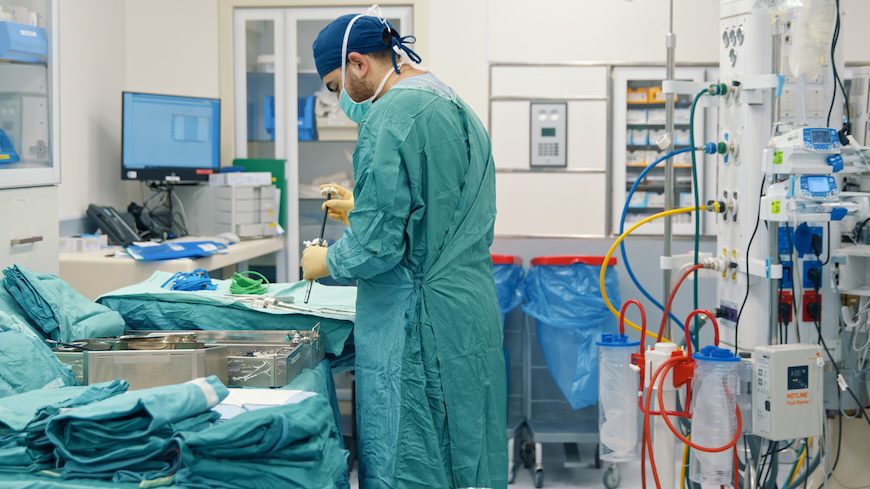The latest visit with The Weekly Mind Reader includes an examination of the curious connection between trichotillomania and PTSD, research on how OCD can accelerate quickly post-partum, and how easy it is to overlook the risks of fetal ketamine exposure.
A Lot. Or Maybe Nothing At All.
Most of us typically associate trichotillomania – compulsive hair pulling – with other psychiatric conditions, such as posttraumatic stress disorder (PTSD). And research on the subject is decidedly mixed.
- One – admittedly older – study identified “a lifetime prevalence rate of PTSD in 22 subjects with trichotillomania as being 22.7 percent.”
- Another more recent study “found that lifetime rates of PTSD were 9.9 percent in a sample of 187 adults with trichotillomania.”
- And a third paper reported on a pool of trichotillomania patients and found that “1.2 percent had current PTSD and 15.3 percent had lifetime PTSD.”
There are several more that report numbers that vary just as widely. This is probably why one research team wanted to better understand the relationship between trichotillomania and PTSD. So they questioned more than 200 adults diagnosed with trichotillomania.
This newest research – appearing in The Primary Care Companion for CNS Disorders – discovered that 19.1 percent of the participants met the screening threshold for current PTSD, a rate almost four times higher than that of the general U.S. population.
It’s worth noting that those with probable PTSD were more likely to be male. This runs counter to the conventional wisdom of higher PTSD rates among women. Participants with both trichotillomania and probable PTSD also showed a higher incidence of comorbid conditions, such as alcohol use disorder and various impulsive behaviors. These ranged from kleptomania to compulsive buying to binge eating.
Despite these results, the authors weren’t able to identify a clear link between PTSD and the severity of trichotillomania symptoms. So, while PTSD might make existing impulsive behaviors – trichotillomania, worse, it might not influence the severity of hair-pulling symptoms directly.
IN OTHER PSYCHIATRY AND NEUROLOGY NEWS
- The Journal of Clinical Psychiatry has published research that shows OCD is most likely to begin early postpartum, with a rapid swing from symptoms to disorder.
- Another JCP research paper details the risks of fetal ketamine exposure and how they’re overlooked.
- And PCC features a case report on a 17-year-old boy who presented with sexsomnia and Dhat syndrome, a culture-bound syndrome characterized by excessive concerns about semen loss and its perceived health consequences.
- The latest commentary out of JCP discusses a recent study that characterized real-world practices around ketamine treatment and pregnancy testing, consent processes, and contraception use.
- And our new ongoing series on PTSD and trauma continues.



